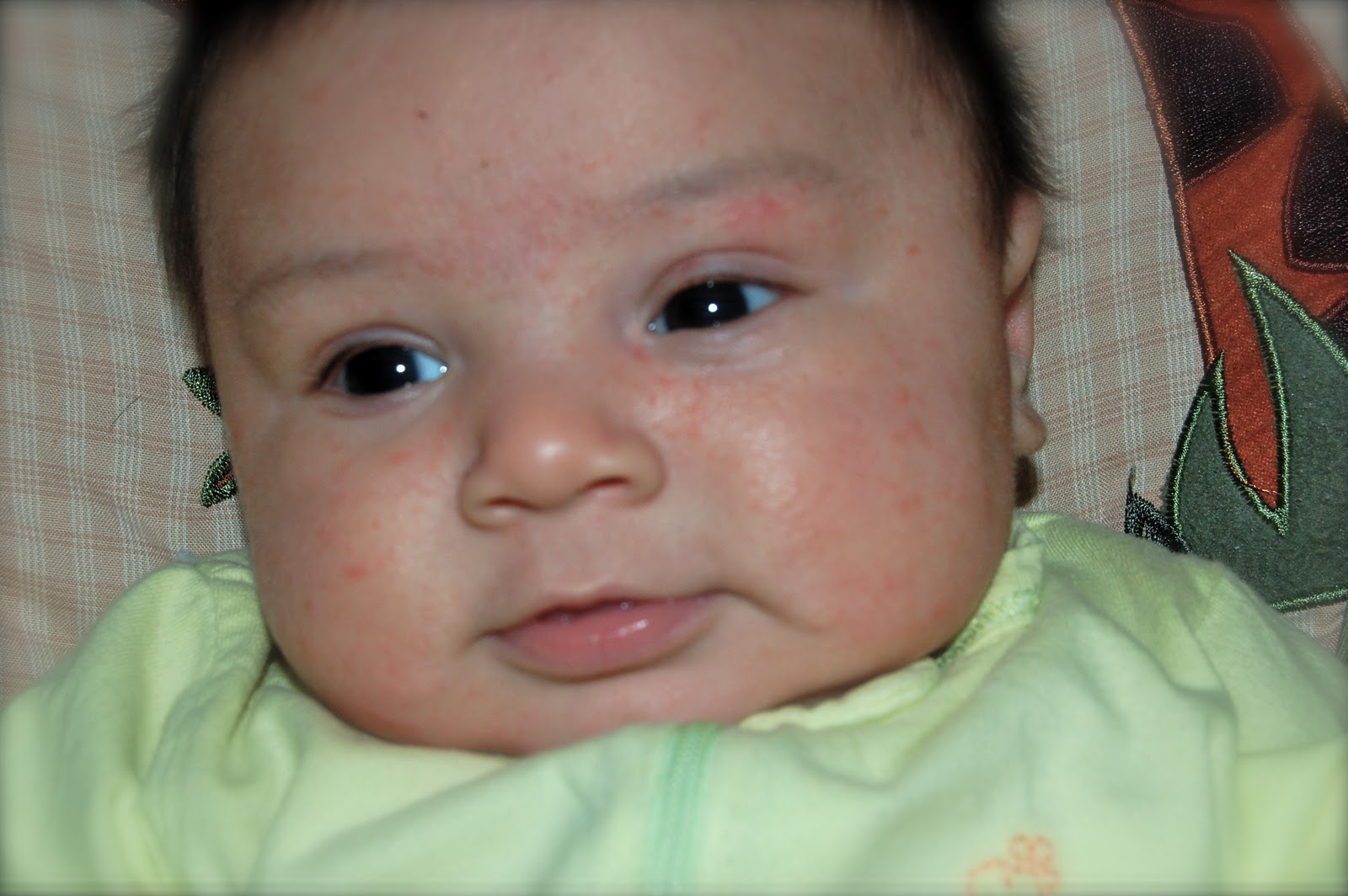What is Baby Acne?
What is baby acne?
Baby acne is acne that gets on a newborn baby's skin. Baby acne can develop anywhere on the face, but often shows up on the cheeks, nose and forehead. Baby acne is common and short-term. There's little you can possibly do to avoid baby acne. Baby acne normally improves by itself, with no scarring.
Several parents are scared over the reddish, acne-like rash on their newborn's face. However, newborn acne is a typical and harmless problem. It often show up in the first month or so shortly after birth, even though it can develop earlier or later. A number of babies even make their appearance on their birth day with an absolutely developed case of acne. Fortunately, this kind of baby acne is short-lived, and almost always disappears rapidly and without treatment.
Neonatal acne
Newborn acne, also referred to as neonatal acne, looks like a harsh, red rash. It's more frequent on the baby's cheeks as well as nose, though it can show up anywhere on the surface and back. Comedones as well as papules will exist, and perhaps some tiny pustules. Baby acne might reoccur, and often look much worse when the baby is picky or crying.
In the event that you think your baby has acne, you must consult your pediatrician. Several other problems common in infants, including eczema, erythema toxicum, and heat rash, can look like baby acne.
Signs and symptoms
Baby acne is normally identified by small red or white bumps on a baby's cheeks, nose and forehead. It commonly forms in just the first 2 to 4 weeks following birth.
Several babies also build small white bumps on the nose, chin or cheeks. These are referred to as milia.
Causes of Baby acne - what is baby acne?
It is most challenging to pinpoint a single precise explanation for the development of acne in babies. Many researchers agreed that baby acne is often induced by the mother's hormones that pass to the baby in the placenta during the course of pregnancy.
However, infant acne normally make their appearance only after 3 to 4 weeks. The hormones induce oil-producing glands in the child, that results in acne formation.
Baby acne can also be caused by taking some drugs. Specialists also conclude that some particular medications that are used by baby or the mother can also cause acne.
The condition of your infant's skin can get worse for couple of days if the skin comes in contact with saliva or milk. And, increased blood circulation to the skin, that is typically triggered by crying also irritates your babies' skin.
Irritants like cloths washed using strong cleaning agents or rough cloths may also trigger acne in infants.
Getting ready for your consultation
When you're following a regular checkup for your baby, some of the fundamental questions to ask your physician consist of:
- Is my baby's problem most likely short-term or long-lasting?
- Exactly what therapies are readily available?
- Do I have to stick to any skin care limitations for my child?
- Will this acne scar my baby's face?
Treatment options
Since infant acne usually vanishes by itself within a
few months, no medical treatment is normally suggested. When your infant's acne
remains for much longer, your baby's physician might suggest a medicated lotion
or other solution. Do not try any over the counter medicines without consulting
your baby's doctor first. Some of these products may be destroying to a baby's
skin. on top of this, understand what is baby acne concept.
Home Remedies and Lifestyle Change
The following tips are helpful for managing your baby's skin when they get acne:
- Always keep your child's face clean. Clean your child's face daily with warm water and mild baby soap.
- Dry your baby's face softly. Basically pat your baby's skin dry.
- Do not squeeze or scrub the acne. You might trigger much more inflammation or an infection.
- Stay away from using creams or oils on your little one's face.
Tags
baby acne, Comedones, pustules, papules, home remedies for baby acne,
Irresistible Acne Remedies. This free newsletter is delivered monthly, straight to your INBOX. It covers all new pages since the last issue. Sign up here...




New! Comments
Have your say about what you just read! Leave me a comment in the box below.